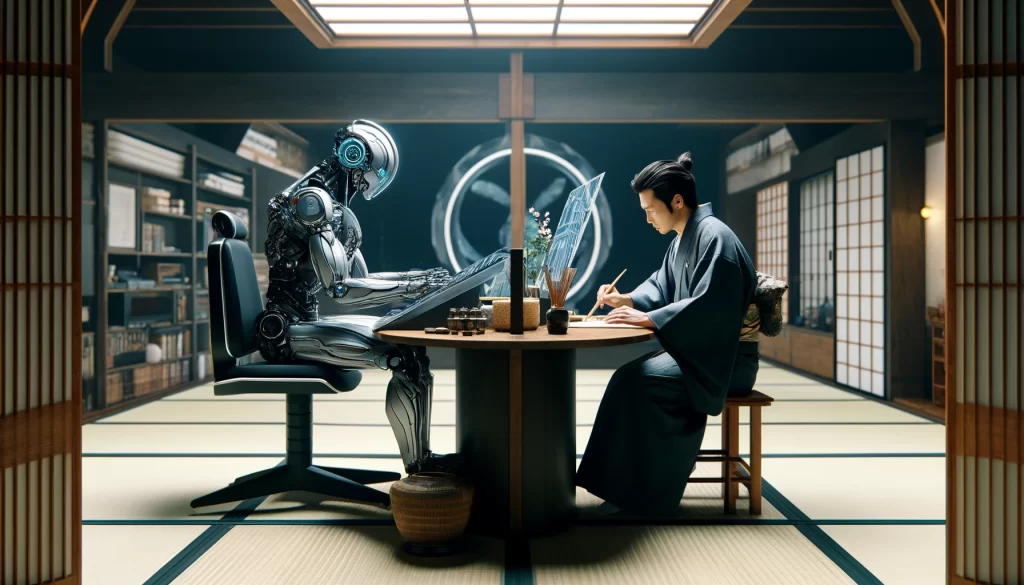Among various news items, and major changes currently taking place in large companies, combined with controversies surrounding iconic series, unexpected plot twists, cancellations, and more, our social networks are a mess. Speaking of social networks, it’s precisely through X (Twitter) that we’ve received this news that’s causing a stir mainly among light novel enthusiasts.
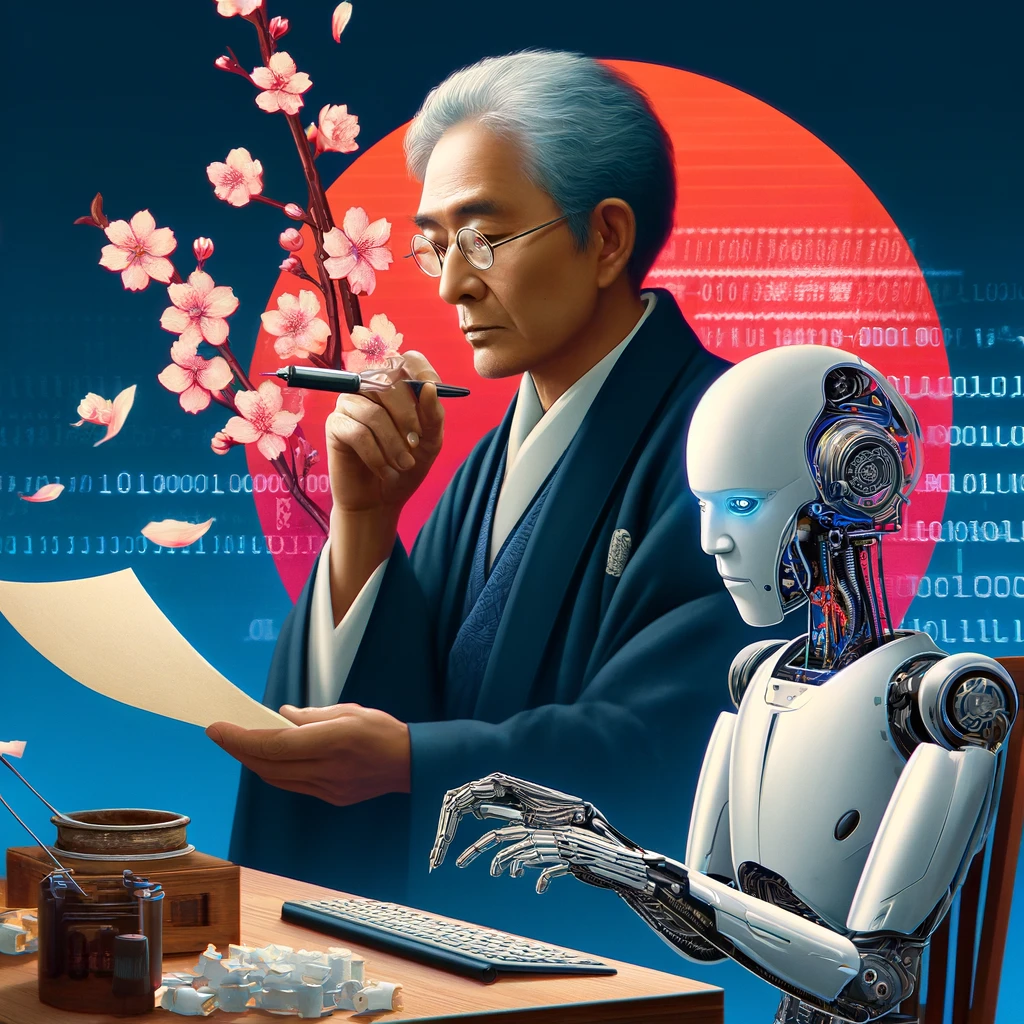
Through X (Twitter), developers of the RyokoAI project recently announced that they have copied 711,700 works from Japan’s largest independent novel site, Shosetsuka ni Narou (also known as Syosetu or Narou), making this dataset publicly available for AI text generation models. This dataset, called “Syosetu711k”, includes most of the novels published on the site, highlighting that Syosetu‘s popularity and the trend of anime adaptations from the site provide “a large corpus of high-quality creative content in the Japanese language.”

Naturally, debates about the legality of this have not been absent. It is publicly known that Syosetu prohibits any action that “infringes or threatens to infringe the property rights, privacy, or portrait rights of our group or others,” but this only refers to registered accounts on the site. It turns out that users of the popular site do not need to be registered to read works or use the site’s API to copy data. Moreover, there are those who point out that “simply copying data” does not equate to infringement, which is somewhat questionable or debatable as well. With all the data copied between March 26 and 27, 2023, some have argued that this could be considered a business obstruction, given the potential server overload from making hundreds of thousands of requests in a short period of time.
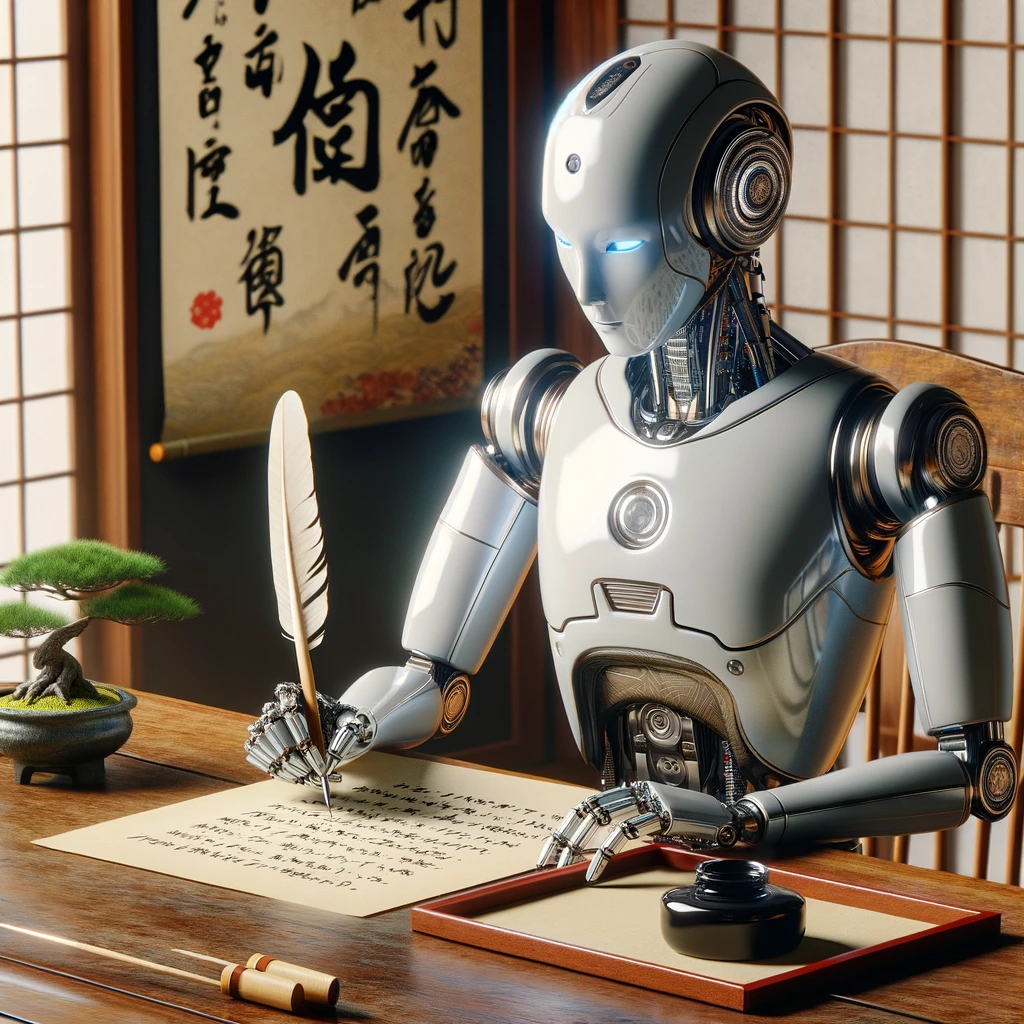
According to the developers, RyokoAI‘s goal of quickly generating light novels arises as Syosetu‘s writers already face criticism from light novel fans for perceived low quality, and many of their titles rely heavily on well-known narrative clichés and stereotypes. The frequency with which the anime industry adapts these titles has also been criticized, even being labeled as “opportunistic,” or a lazy alternative to maintaining production levels to not lose ground to other countries in the animation market.
Analyzing the situation, an increase in AI-generated novels would surely intensify this debate, splitting between the acceptance of the free market (and the artistic freedoms that this would imply) and total prohibition. There are also those who say that such works should simply have their corresponding label, allowing the reader to choose where to focus their reading, clearly identifying which works are written by AI and which by humans.
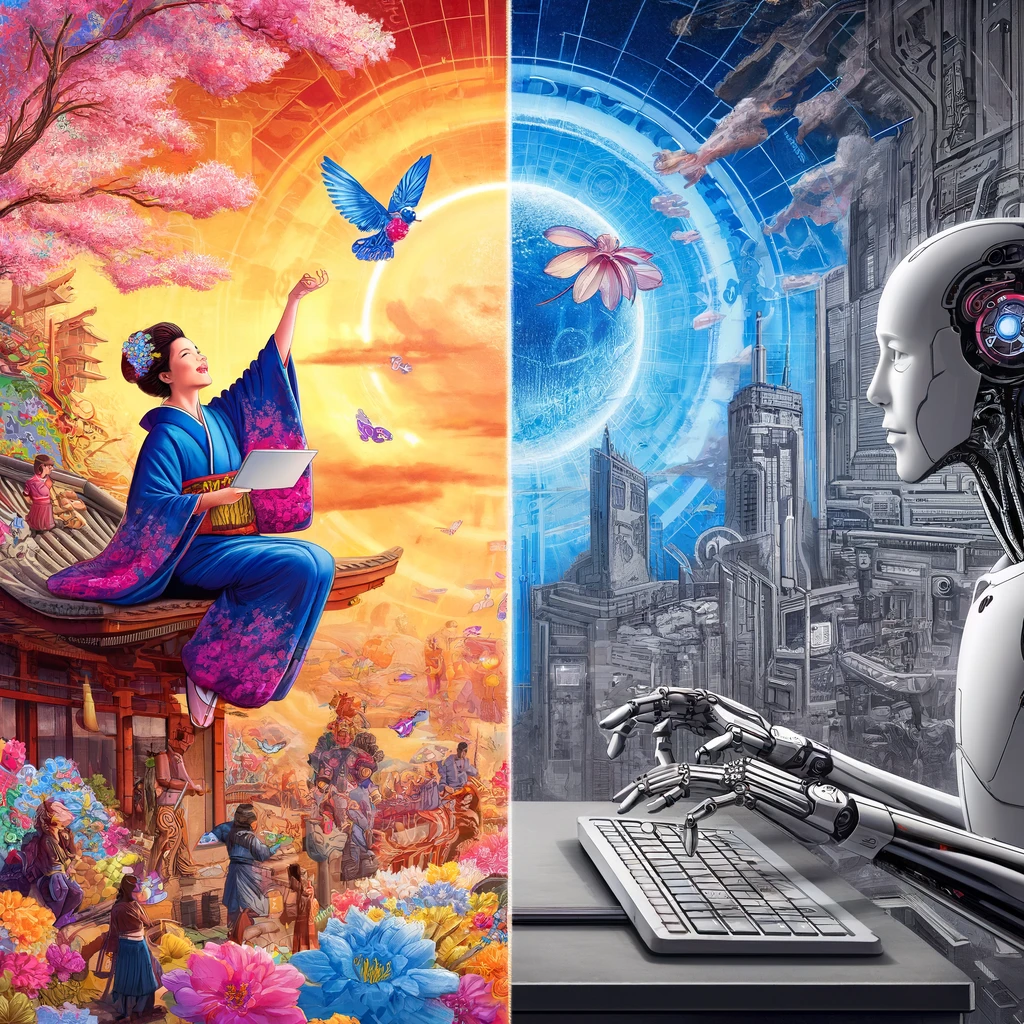
Setting this aside, numerous industry figures have expressed their concerns about the use of AI in the artistic creation of light novels. Developers of ChatGPT from OpenAI cited Japan’s AI regulations as a reason to open a new office in Tokyo, which led the main animation director of “Jujutsu Kaisen 0,” Nishii Terumi, to brand the government as “traitors.”
“They steal whatever they want because we are a content powerhouse.”
“They never protect the industry or the creators.”
The NAFCA animators’ association issued a public statement about the threat of AIs to copyright, adding that creators must decide, emphasizing the importance of preventing “the perpetrator from winning and the victim simply crying themselves to sleep,” making it clear that, from their perspective, the hard work of creators can potentially be stolen without any compensation.
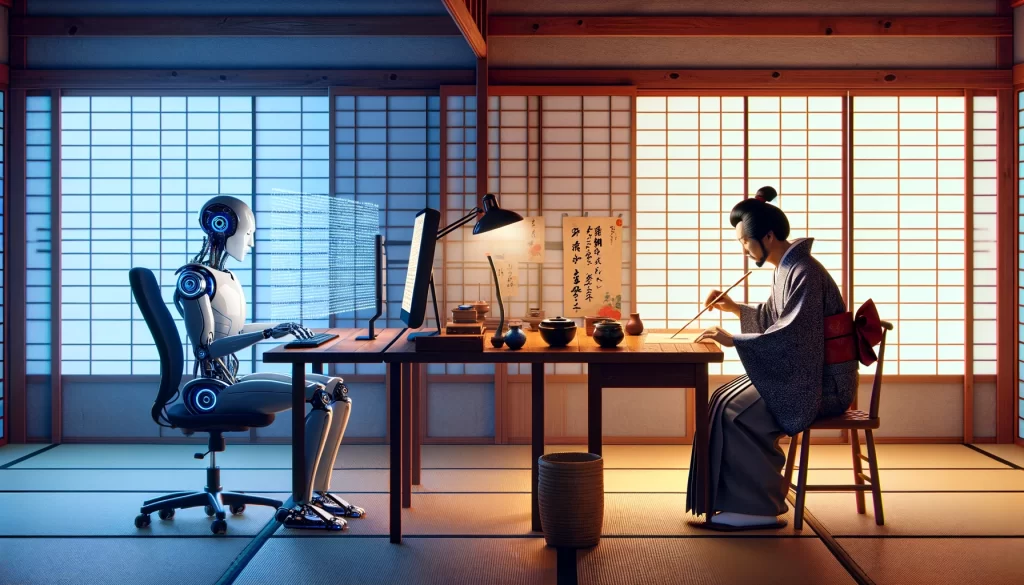
It’s absolutely clear that AIs are changing the world; that’s beyond dispute. Now, perhaps it’s time to pause and reflect to determine how much of these AI-driven changes are positive, and when they cease to be so. Personally, I believe (and this is still my personal view) that many things that have always been done the “old-fashioned” way should continue in that manner. While it’s quite possible for an AI to replicate or perform a task similarly, in most cases there is no need. Preventing an artist from expressing themselves because an inert system, programmed to operate in a specific way, can mimic something similar to the artist’s work, and then foregoing their art, would almost literally mean erasing the artist’s identity. It eliminates what makes that artist special, that very ‘uniqueness‘ which is the culmination of the creative process, the finished artwork.
Of course, an AI can do it! But why should it? If I can!

And now, if you’ve read this far, it’s your turn: go ahead, let us know your thoughts on this whole matter, to see if you are for or against this type of use of AIs. And you know, we’ll be reading!… And if not, surely an AI will read you XD
Source: @narou_fun_db on X (Twitter), Kudasai
